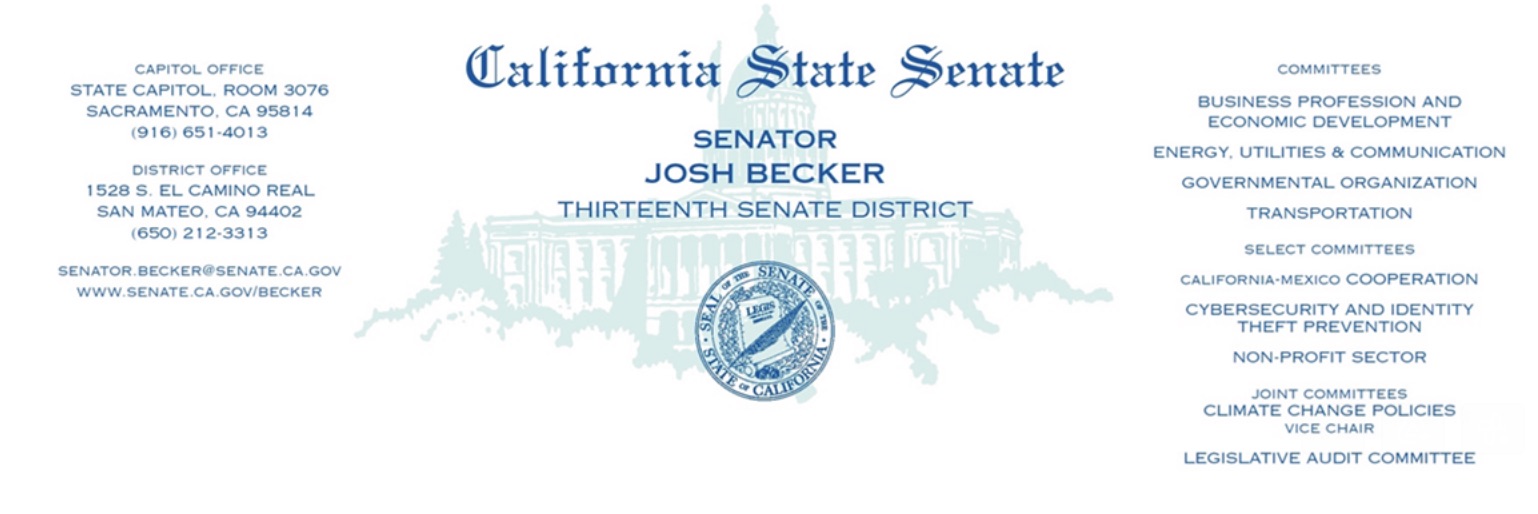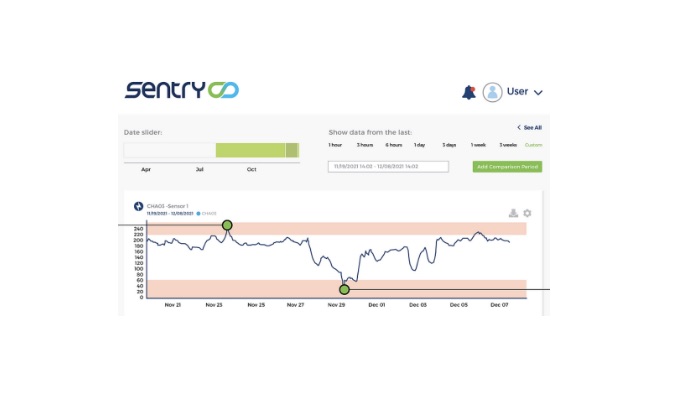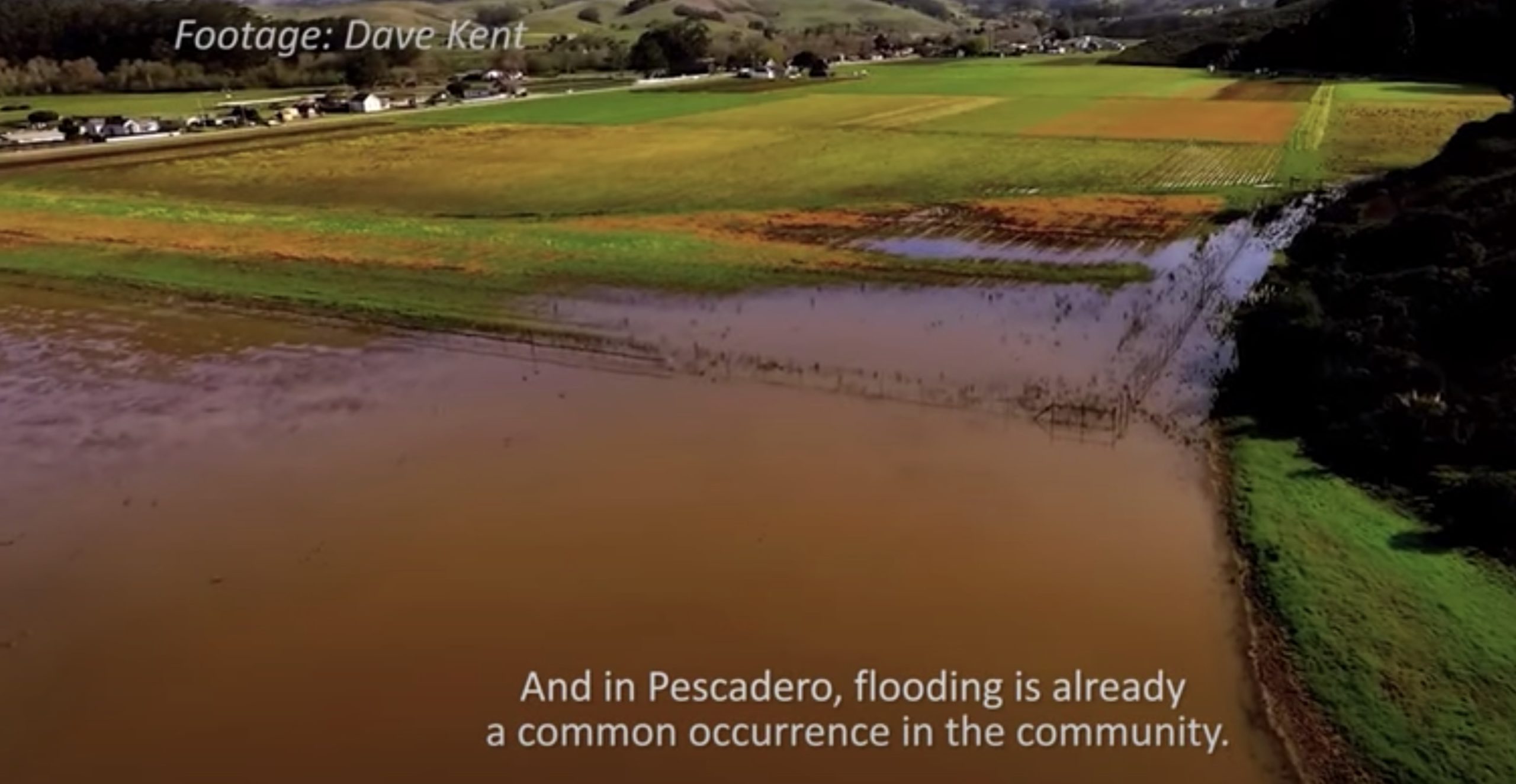PRESS RELEASE. From Senator Josh Becker’s office on March 7th, 2023.

Becker’s New “Law Enforcement Communications Transparency Act” Seeks To Restore 90+ Year Old California Policy
FOR IMMEDIATE RELEASE: March 7, 2023
CONTACT: Evan Goldberg at evan.goldberg@sen.ca.gov
(Sacramento) – Police radio communications would once again be available to members of the media if SB 719, The Law Enforcement Communications Transparency Act, a new bill introduced by Senator Josh Becker (D-San Mateo) becomes law this year.
“My goal is to restore the access the media and the public had to police radio communications for nearly a century up until three years ago when law enforcement agencies were given the option to shut it down,” said Becker.
The open access policy that had been in place since the 1920s changed in October 2020 when the California Department of Justice (DOJ) directed law enforcement agencies to protect people’s personal information that might otherwise be shared over the police radio in one of two ways. Law enforcement agencies could either:
- Establish a detailed policy outlining what personal or identifying information can or cannot be communicated on open radio channels or,
- Encrypt all radio traffic so no radio communications could be heard by the media or anyone else.
As a result of the DOJ directive, approximately 100 of more than 700 law enforcement agencies surveyed have chosen the second option, to shut off all radio communications to the media and the public, rather than to train officers and dispatchers on what to share and not share over open police radios. This number is, unfortunately, climbing.
“The ability to hear how officers talk to one another over the radio helps make police departments more accountable,” continued Becker. “On a practical level, it also makes it easier for the media to report on public safety activities such as accidents or shootings, so the public can be told about areas to avoid.”
The bill closely mirrors a measure Colorado adopted in 2020.
Some of the state’s largest law enforcement agencies that have chosen to shield all radio communications from the media and the public include the counties of Santa Clara, Riverside, Orange, and San Bernardino.
Those that have instead opted to continue the 90+ year-old policy of sharing their radio communications while protecting personal information include the California Highway Patrol (CHP) and dozens of counties and cities, including San Mateo and Palo Alto.
SB 719, The Law Enforcement Communications Transparency Act, will be assigned to a Senate policy committee where it will be heard sometime this month or early April.
First elected in 2020, Senator Becker represents the 13th Senate District covering portions of Santa Clara and San Mateo counties and includes the cities of Atherton, Belmont, Half Moon Bay, Los Altos, Los Altos Hills, Menlo Park, Millbrae, Mountain View, Pacifica, Palo Alto, Redwood City, San Bruno, San Carlos, San Mateo, South San Francisco, and Woodside.
CALIFORNIA LEGISLATURE— 2023–2024 REGULAR SESSION
Introduced by Senator Becker
February 16th, 2023
An act to add Section 13675 to the Penal Code, relating to law enforcement agencies.
LEGISLATIVE COUNSEL’S DIGEST
SB 719, as introduced, Becker. Law enforcement agencies: radio communications.
Existing law establishes the California Law Enforcement Telecommunications System (CLETS) to make specified criminal justice databases, including individual criminal histories, wanted and missing persons, and stolen firearms, vehicles, and property, available to participating law enforcement agencies. Existing law prohibits unauthorized access to CLETS and the unlawful use of CLETS information by authorized users.
Existing law authorizes the Attorney General to adopt policies, procedures, and practices related to the use of CLETS. These rules require a participating agency to restrict access to CLETS and define “access” as the ability to see or hear any information obtained from CLETS.
This bill would require a law enforcement agency, including the Department of the California Highway Patrol, municipal police departments, county sheriff’s departments, specified local law enforcement agencies, and specified university and college police departments, to ensure access, in real time, to the radio communications of that agency to duly authorized media representatives or organizations, as specified. By imposing new duties on local law enforcement, this bill would create a state-mandated local program.
The California Constitution requires the state to reimburse local agencies and school districts for certain costs mandated by the state. Statutory provisions establish procedures for making that reimbursement.
This bill would provide that, if the Commission on State Mandates determines that the bill contains costs mandated by the state, reimbursement for those costs shall be made pursuant to the statutory provisions noted above.
SECTION 1.
The Legislature finds and declares all of the following:
(a) Since the 1920s, news outlets, journalists, and the public have had access to police radio communications. This access is critical for police transparency, accountability, and reporting public safety news and activity to the community expeditiously.
(b) By its very name, public safety involves both the public and the safety professionals who protect them. Encryption of public safety radio communications has largely focused on its impact to public safety officers without consideration of the public’s vested interest. This bill seeks to correct that imbalance by continuing to protect sensitive information from public distribution while also ensuring the transparency of nonsensitive communications that Californians have come to expect.
(c) This act shall be known, and may be cited, as the Law Enforcement Communications Transparency Act.
SEC. 2.
Section 13675 is added to the Penal Code, to read:
(a) (1) Except as otherwise provided in paragraph (3), each law enforcement agency shall ensure that all radio communications are accessible, in real time, to duly authorized media representatives or organizations.
(2) (A) A law enforcement agency may comply with this subdivision in any manner that provides access to radio communications.
(B) Upon request by a duly authorized media representative or organization, the ability to begin listening to radio communications shall be granted by a law enforcement agency within 30 days.
(C) The law enforcement agency shall not charge the duly authorized media representative or organization for the cost of providing access.
(3) This subdivision does not apply to any encrypted radio channel that is used for tactical operations, undercover operations, or other communications that would unreasonably jeopardize public safety or the safety of officers or dispatchers if made public.
(b) Each law enforcement agency shall adopt a written policy implementing this section.
(c) This section does not limit the responsibility of any entity not covered by this section to comply with any law or regulation regarding the usage of the California Law Enforcement Telecommunications System (CLETS).
(d) As used in this section, the following phrases are defined as follows:
(1) “Duly authorized media representative or organization” means a duly authorized representative or organization of any news service, newspaper, or radio or television station or network, or an organization that provides public safety information.
(2) “Law enforcement agency” means a department or agency of the state, or any political subdivision thereof, that employs any peace officer as described in Section 830 and that has the primary function of providing uniformed patrol and general law enforcement services to the public. “Law enforcement agency” includes, without limitation, any municipal police department, county sheriff’s department, police department of the University of California, California State University, or community college, airport, port, harbor, park, or transit district, and the Department of the California Highway Patrol.
(3) “Radio communications” means verbal communications that are broadcast over a radio frequency either from a dispatch center to field personnel, from field personnel to a dispatch center, or between field personnel, and are accessible to all personnel monitoring that frequency. “Radio communications” does not include private communications between two devices, such as a cellular telephone, or the transmittal of data to or from a mobile data terminal, tablet, text messaging device, or similar device.
SEC. 3.
If the Commission on State Mandates determines that this act contains costs mandated by the state, reimbursement to local agencies and school districts for those costs shall be made pursuant to Part 7 (commencing with Section 17500) of Division 4 of Title 2 of the Government Code.






